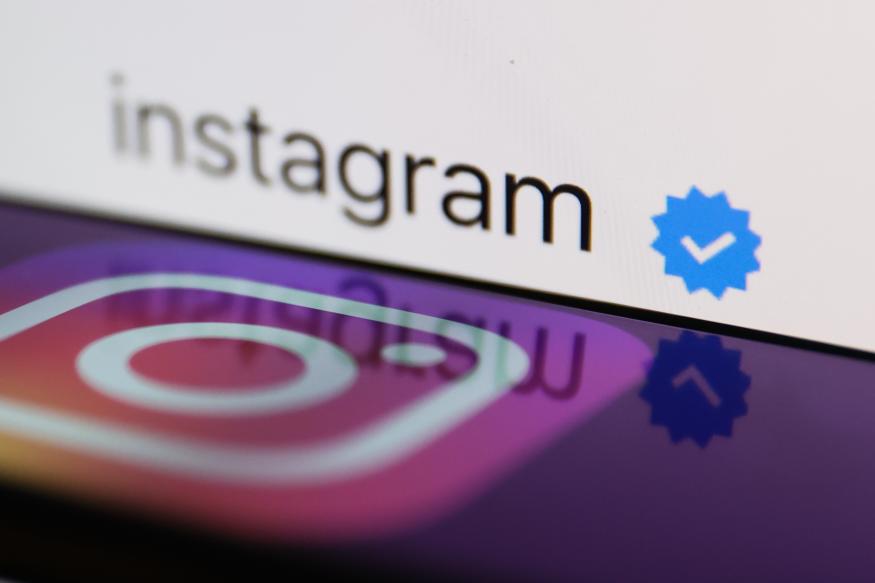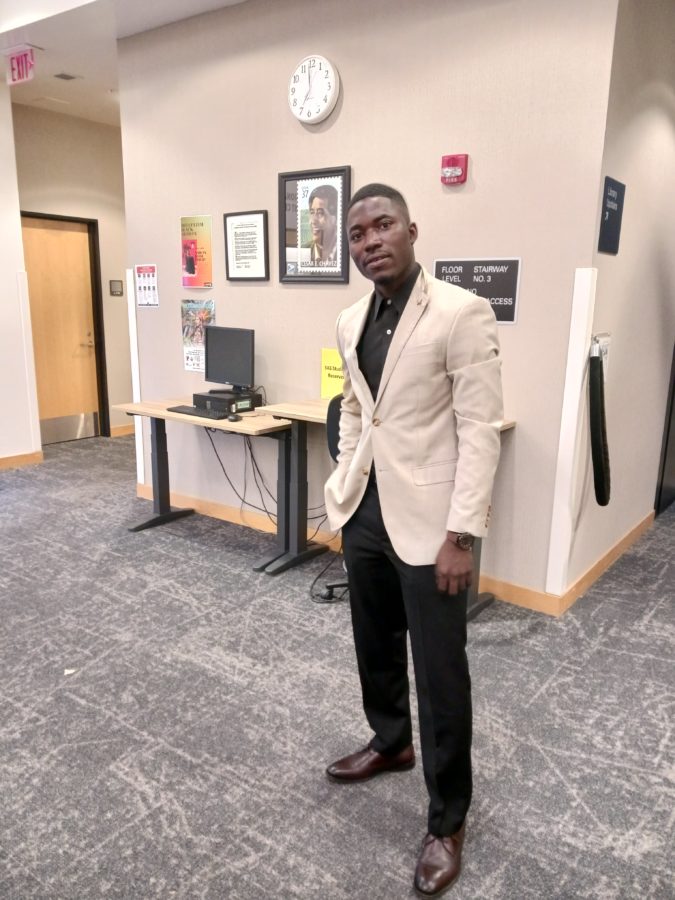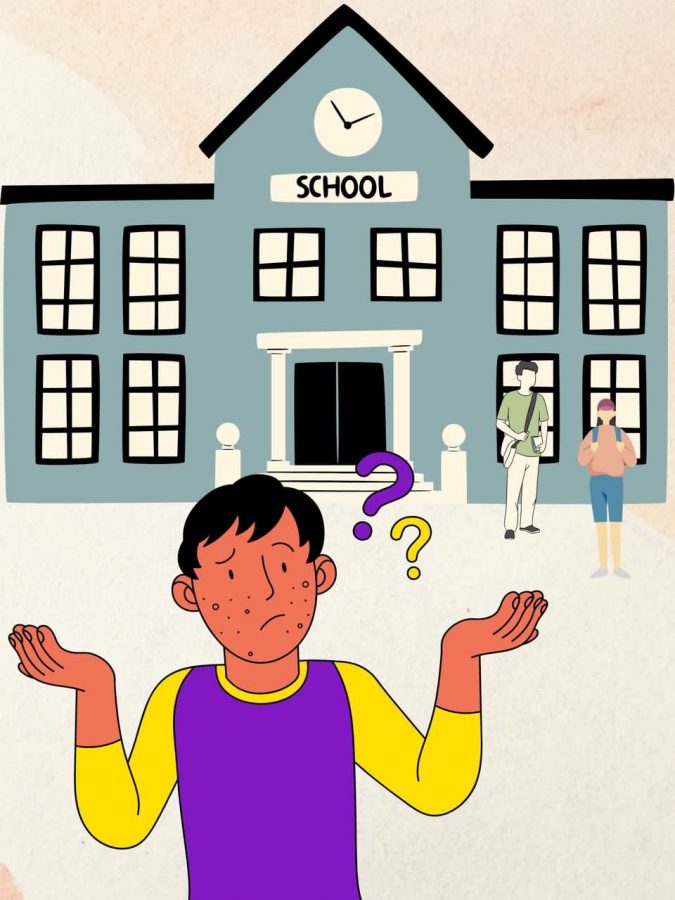TIMES STAFF
Sometime during the Victorian era, Romantic poet Lord Byron once said, “It is better to have loved and lost than to not have loved at all.”
Love is abstract, it could mean anything, and it could take many forms.
After losing someone, some people might look back and cherish the good moments in the relationship, and understand that somethings are just not meant to last. Hence, it is better to have been able to have something, love it, and lose it than to have never had the chance to experience it at all.
It means that even if someone ends up with nothing, he still has more than what he started with because they had something they loved, even if it was not meant to be.
Another Victorian writer, came up with the idea that it is not, in fact, better to have loved and lost than to never have loved at all. Thomas Carlyle believed that if we have nothing and we gain something, losing that something leaves us with less than what we started with because the pain of losing something is greater than the happiness it brought; it leaves us with less than zero.
According to Carlyle, mathematically, we lose more by having something and getting it taken away than by not having it to begin with. Love works in different ways.
There are people you love who might be worth ending up with less than what they gave you, and there are some people who you’d prefer to have never had met.
Break ups are always a lose-lose situation. You lose the person, or you lose the time you spent getting to know them. And the truth is that it is useless to try and really get to know someone. Because no one ever fully knows anyone.







